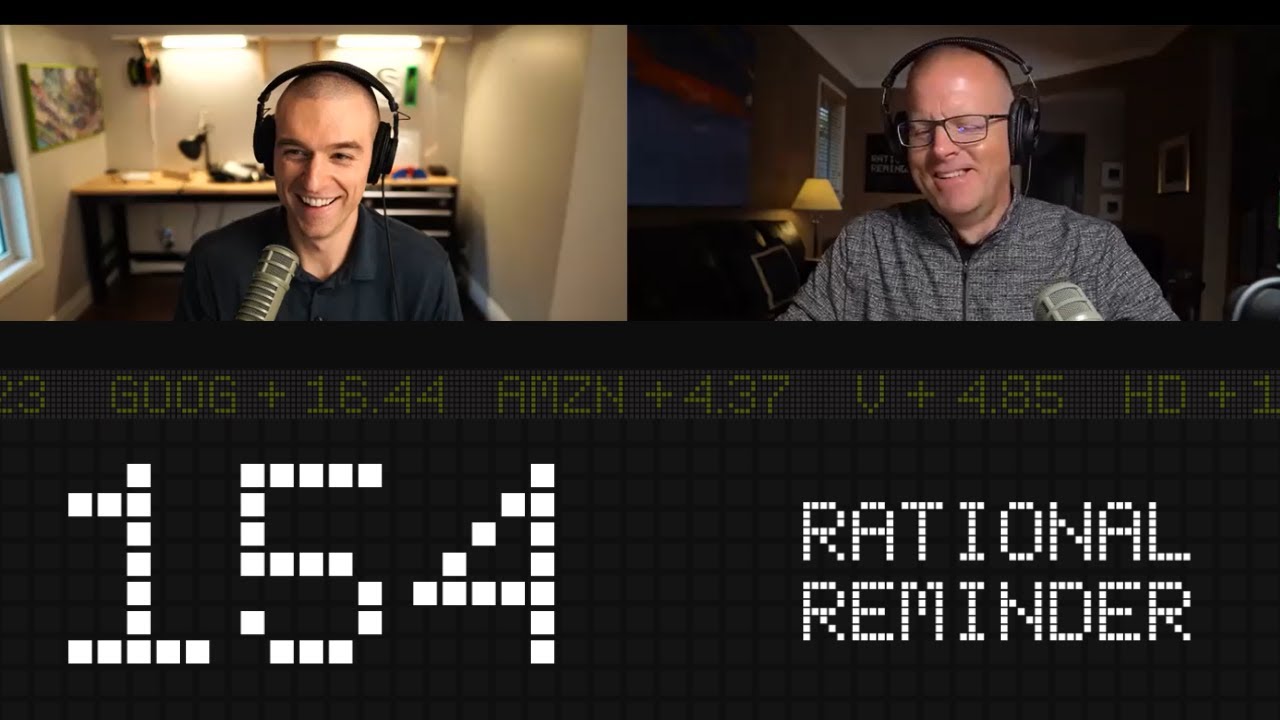Hi everyone,
We’ve been living in Switzerland (Vaud) for almost 5 years now, and have started to save for a few years (150k net worth). We’re a family of 4, and would like to buy a home in Switzerland. Our family income isn’t too high either (less than 100k/year).
Sadly, based on some research, this doesn’t appear possible unless we move to Jura or Valais. Even then, the cost of the mortgage alone would take a long time to pay off, and then once we do, there’s that Swiss law whereby the yearly rental value of the home would be added to our taxable income forever.
We’ve considered purchasing an appartment as well, but the average price is 500k-700k in Vaud/Fribourg, which will also no doubt include countless “condo fees” and a lack of space & privacy, so we’re not too happy about that option.
My wife and I also have French & Canadian Citizenship. We’ve considered potentially buying a house in France, but the tax situation there seems quite unfair.
Canada is the main other alternative for us at the moment. The houses aren’t necessarily cheap, and the weather is awful 40% of the time, but the tax situation is significantly better than France (in my opinion) as there’s no Inheritance tax, no Capital Gains tax on real estate, RRSP/TFSAs (equivalent of 2nd & 3rd pillars), and the ability to purchase US ETFs easily.
What do you think of our situation? Is this a situation you are also facing yourself?
We just don’t want to be paying rent (ie. Someone else’s mortgage) for the rest of our life. I know this is the norm in Switzerland, and it’s great for some who want more flexibility, but it’s not for everyone.
Thank you all very much for your help!
